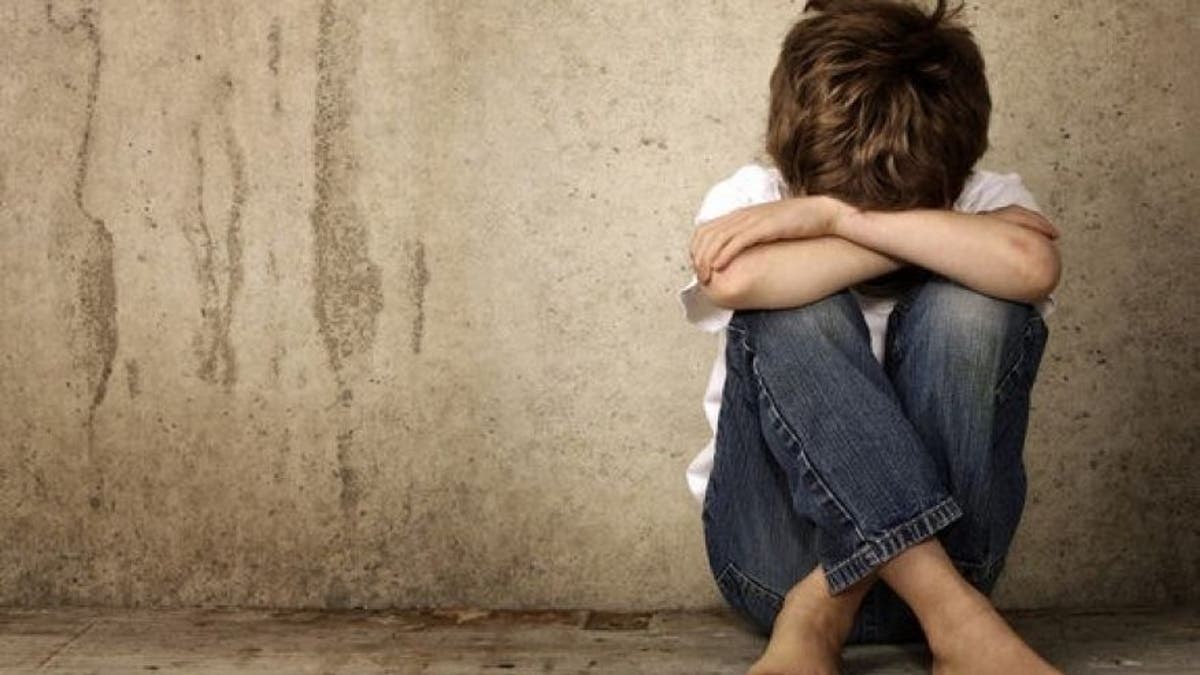
People who experienced the death of a parent during childhood commit suicide twice as often as those who didn't, according to a Scandinavian study.
Although the overall suicide risk is still very low, children and adults who lost a parent during childhood may benefit from extra attention to offset this long lasting effect, the study's lead author said.
"The doubled risk of suicide is worth paying attention to as suicide is preventable and the challenge for research is to narrow down risk factors so we can target public health interventions to high risk groups," said Mai-Britt Guldin, of Aarhus University in Denmark. "This would be the main goal of research like ours."
Past research has shown an increased risk of suicide among people whose parents committed suicide, but little is known about the risk when a parent dies from other causes, Guldin and colleagues write in JAMA Psychiatry.
About 3 percent to 4 percent of people in Western countries experience the death of a parent during childhood, the researchers note.
For the new analysis, the study team examined data collected between 1968 and 2008 on 7.3 million people in the national registries of Denmark, Sweden and Finland. They found that about 189,000 people, or about 3 percent, had experienced a parent's death before age 18.
The researchers then compared those survivors to 1.89 million people who didn't lose a parent in childhood.
Over the next 40 years, about 0.14 percent of people who lost parents as children died by suicide, compared to about 0.07 percent of people whose parents hadn't died prematurely.
People whose parents died by suicide were about 3.4 times more likely to also die by suicide later on, and those whose parents died of other causes were about twice as likely to die of suicide, compared to people who hadn't lost a parent as a child.
People who lost parents before the age of six were especially vulnerable to suicide, with nearly three times the risk of those who didn't lose a parent, the researchers found. Males who lost a parent also had twice the suicide rate of females who did.
The increased risk of suicide after a parent's death during childhood remained high for about 25 years.
"This means that we need to look at the support we provide for bereaved children and youth," Guldin told Reuters Health in an email. "Clinicians and patients may profit from knowledge from this study because suicide after parental loss is preventable," she said.
"One clinical strategy could be to monitor distress in bereaved children and provide individualized support to help highly distressed children cope with bereavement," Guldin added.
The study team says it's unclear why people who experience a parent's death during childhood would be more likely to die by suicide, but some explanations could be shared genetic traits, environmental factors and stress.
"Closing this gap in our knowledge would be a pivotal point in further research," Guldin said.








































